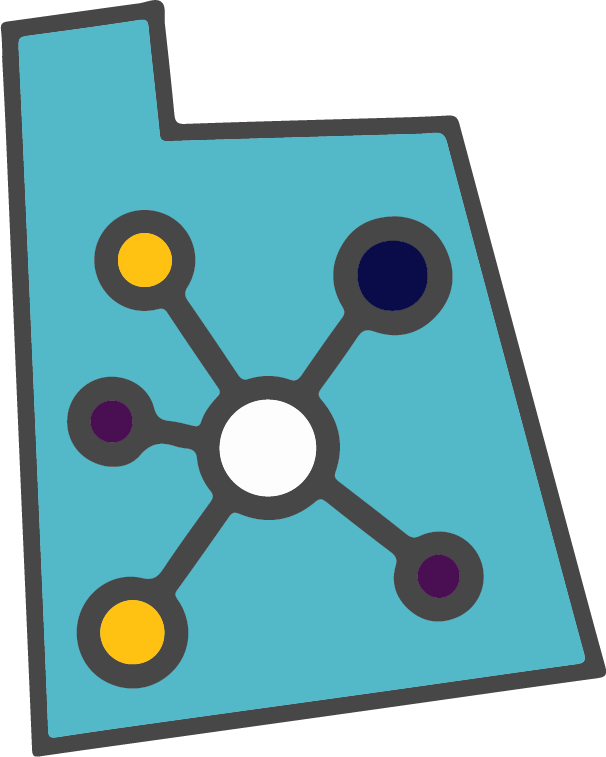Social Determinants of Health
Everyone deserves the opportunity to live a full and healthy life. Social determinants of health (SDOH) are the community conditions and neighborhood environments in which we are born, grow, live, work, and age. These are sometimes referred to as upstream factors. SDOH have a major impact on people’s health, well-being, and quality of life.
Community conditions that support the health and wellbeing of residents include:
- Available employment and an adequate tax base that can support high-quality schools.
- Affordable and safe housing where residents are not exposed to overcrowding, allergens, or other hazards.
- Healthy food options that supports the nutrition needs of community members.
- Safe walking and biking, parks, and trails that support physical activity.
- Adequate public transportation to help ensure that residents can access healthcare, jobs, child care, and social services.
- Social cohesion and connections with neighbors that improve wellbeing.
Simply promoting healthy choices isn’t enough. Public health agencies and their partners need to take action to improve the conditions in people's environments.
How OHPP addresses SDOH
Successfully addressing SDOH requires cross sector collaboration. This includes bringing together resources to work together on shared goals with shared outcomes. OHPP works with a variety of stakeholders including local health departments, healthcare systems, community based organizations, schools, worksites, and others.

How SDOH connect to health outcomes
SDOH are the community conditions and neighborhood environments in which we are born, grow, live, work, and age. These factors have been shown to have a greater influence on health than genetic factors or access to healthcare services. See how the different SDOH domains connect to health outcomes.
Additional SDOH resources
The Utah Department of Health and Human Services (DHHS) may occasionally link to outside sources of information. DHHS and the state of Utah do not necessarily endorse the provider of the content and are not responsible for any content published on the external site.


